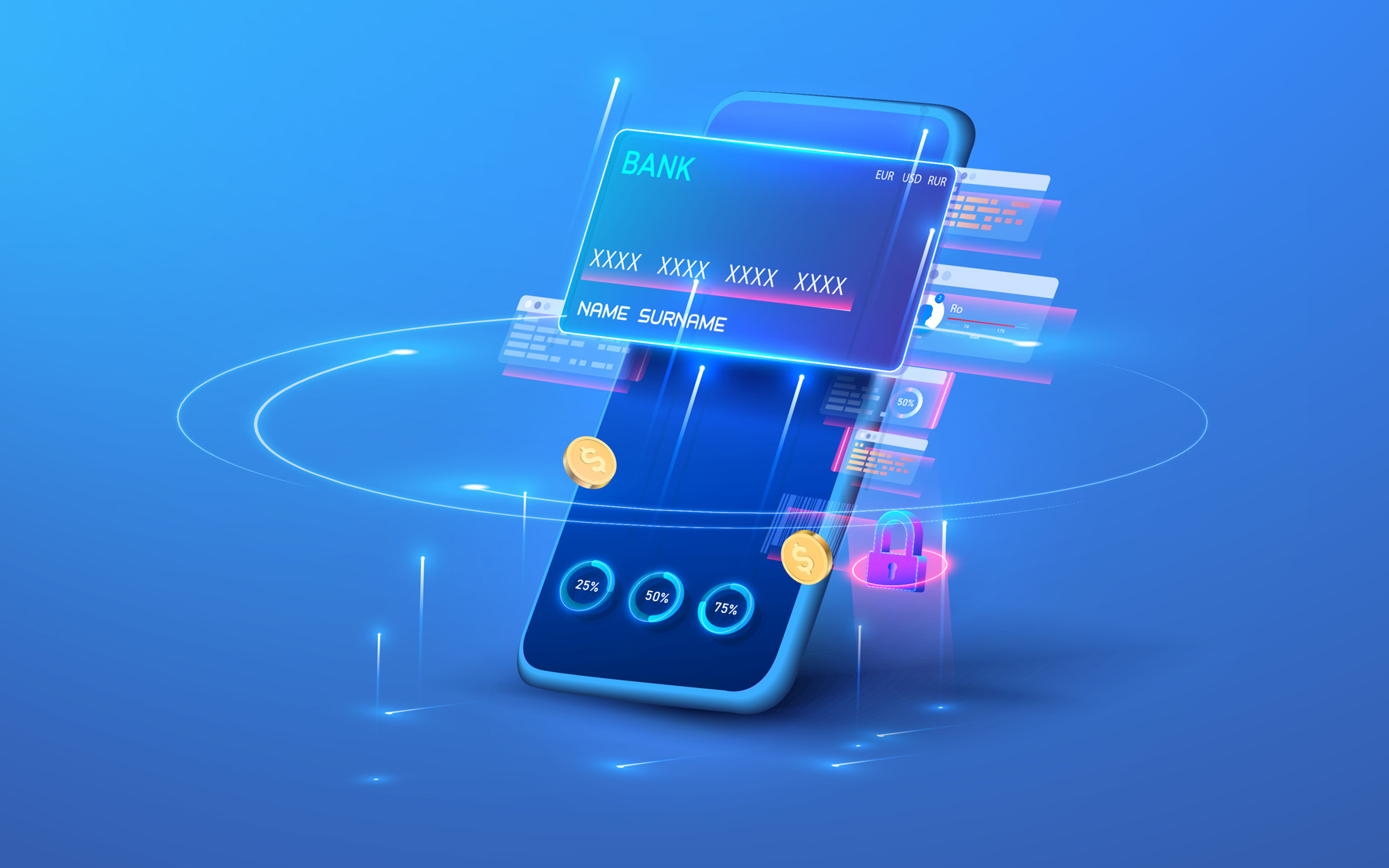Whether you’re a startup or an established business looking to optimize your payment systems, distinguishing between payment gateways and payment processors is essential. This guide will clarify these concepts, helping you choose the best option for your business needs.
Payment Processors vs. Gateways: What’s the Difference?
Businesses must navigate a complex landscape of payment technologies to ensure smooth and secure transactions. Two critical components in this ecosystem are payment gateways and payment processors. While these terms are often used interchangeably, they serve distinct roles in the payment process. Understanding what differentiates payment processors from gateways can help businesses make informed decisions about which solutions to implement.
What Is a Payment Gateway?
A payment gateway is a technology that facilitates online transactions between customers and merchants. Acting as a digital mediator, it captures and transfers payment information from the customer to the merchant’s acquiring bank. When a customer initiates a purchase on an e-commerce site, they enter their payment details, which are then encrypted by the payment gateway to ensure security during transmission. The encrypted data is sent to the payment processor for authorization, and once the payment is authorized, the gateway informs the merchant, completing the transaction.
Advantages of Payment Gateways
Payment gateways provide robust encryption to protect sensitive information, ensuring that customer data is secure. They often include fraud detection tools to identify and mitigate fraudulent transactions, adding an extra layer of security. Additionally, they support various payment methods, enhancing the customer experience by offering flexibility in how they can pay.
Disadvantages of Payment Gateways
However, payment gateways typically charge fees per transaction, which can add up for businesses with high transaction volumes. Setting up a payment gateway can also be complex, requiring technical expertise for integration and maintenance.
What Is a Payment Processor?
A payment processor, on the other hand, is the intermediary that handles the transaction between the customer’s bank and the merchant’s bank. It is responsible for verifying the payment information and ensuring that funds are transferred from the customer’s account to the merchant’s account. The payment processor verifies the payment information provided by the customer, communicates with the customer’s issuing bank and the merchant’s acquiring bank to authorize the transaction, and facilitates the transfer of funds to the merchant’s account once the transaction is authorized.
Advantages of Payment Processors
Payment processors ensure quick and efficient transaction processing, reducing the time it takes for funds to reach the merchant’s account. They provide consistent service, minimizing transaction failures and delays. Additionally, payment processors often offer customer support to handle transaction-related issues.
Disadvantages of Payment Processors
Payment processors may lack some of the advanced features found in payment gateways, such as detailed fraud prevention tools. Integrating a payment processor with your existing systems can sometimes be challenging, especially if the processor’s technology is outdated.
Enhance Your Payment Security with Orchestra Solutions
At Orchestra, we offer advanced string tokenization solutions that can significantly enhance your PCI compliance efforts. By converting sensitive cardholder data into tokens, we help ensure that your e-commerce platform meets the stringent PCI DSS requirements. Our tokenization process reduces the risk of data breaches and simplifies the management of sensitive information, making your compliance journey smoother and more secure.
Choosing Between a Payment Gateway and a Payment Processor
Deciding whether to use a payment gateway, a payment processor, or both depends on various factors, including your business model, transaction volume, and technical capabilities. Here are some considerations to help you make an informed decision:
Integration Ease
Payment gateways typically require integration with your website or e-commerce platform. Look for gateways that offer easy-to-use APIs and plugins. Payment processors often need to be connected to your point-of-sale (POS) system or e-commerce platform, so ensure the processor you choose is compatible with your existing systems.
Cost
Payment gateways charge fees per transaction and sometimes monthly fees. Compare different gateways to find one that offers competitive rates. Payment processors also charge transaction fees, but these may be lower than those of payment gateways. Evaluate the total cost, including any setup or maintenance fees.
Security
Payment gateways offer advanced security features such as encryption and fraud detection, which are essential for businesses handling a high volume of online transactions. Payment processors ensure secure communication between banks but may rely on additional security measures from the payment gateway or other systems.
Available Features
Payment gateways offer a wide range of features, including multi-currency support, recurring billing, and integration with various payment methods. Payment processors focus on transaction processing efficiency and reliability. Some may offer additional features like reporting and analytics.
Common Misconceptions About Payment Gateways and Processors
Many businesses confuse payment gateways and payment processors, assuming they are interchangeable. Here are some common misconceptions clarified:
Misconception 1: They Are the Same Thing
The reality is that payment gateways and processors serve different roles. The gateway is responsible for securely transmitting payment information, while the processor handles the authorization and settlement of the transaction.
Misconception 2: One Can Replace the Other
Both components are necessary for a complete payment solution. A gateway ensures secure data transmission, and a processor facilitates the actual transfer of funds.
Misconception 3: They Are Only Relevant for Online Businesses
While essential for e-commerce, payment gateways and processors are also crucial for brick-and-mortar businesses using POS systems to accept card payments.
Ready to Optimize Your Payment Systems?
Contact Orchestra today to learn more about our comprehensive payment solutions and how we can help your business thrive.
Choosing the right payment solution is critical for the success of your e-commerce business. Both payment gateways and payment processors play essential roles in ensuring secure, efficient transactions. By understanding their differences and how they complement each other, you can make an informed decision that best suits your business needs.
At Orchestra, we are committed to helping businesses navigate the complexities of payment processing. Whether you need a robust payment gateway, a reliable payment processor, or advanced tokenization solutions, we have the expertise to support you every step of the way.



